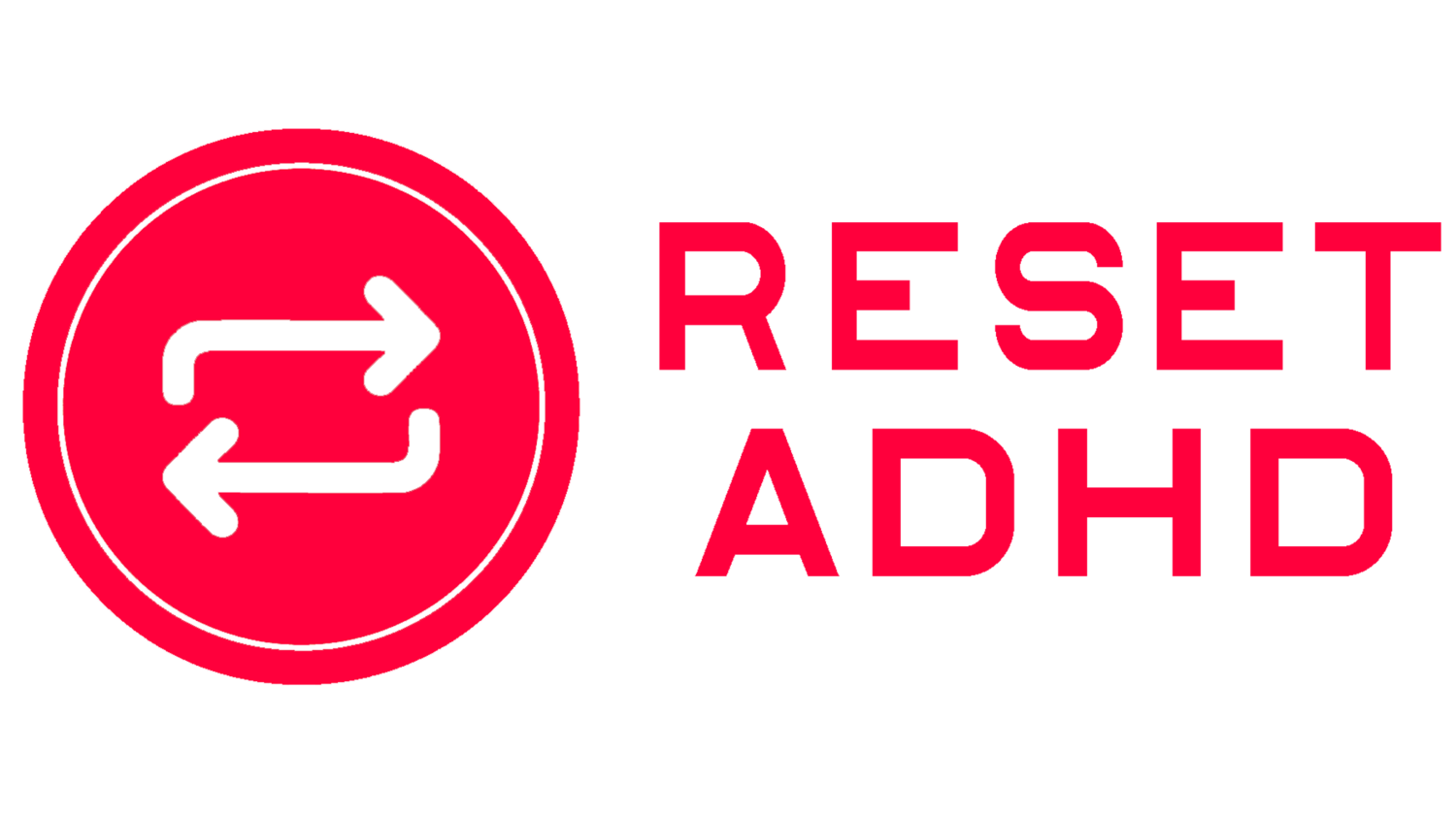ADHD Lessons Learned from Improv
On March 23, 2023, Reset ADHD hosted a webinar on ADHD and improv. At the end of the webinar, it was announced that Reset ADHD would be hosting virtual improv “playdates.” If this sounds intriguing to you, sign up. If you are wondering why I am pushing ADHD and improv so hard, read on, for in this blog post I will be discussing what can be learned from improv.
Focus
One of the most important things in performing improv is being present and staying focused on the scene. Sound impossible for ADHDers? Think again! Even though I have ADHD, focusing and listening in an improv scene is one of my strengths. Why? It probably has something to do with the interest-based nervous system that ADHDers have. The mystery of where an improv scene is going and how I can help tell that story draws me in. I am better able to focus because I am engaged with what is going on.
By putting ourselves in situations where we can be engaged, we increase the likelihood of focusing. Improv gives us an easy opportunity to practice engaging our focus. By doing so in a safe environment like an improv scene, we will better be able to focus in our day-to-day life.
Inhibition
Part of being a good improviser is knowing when to shut up. Yes, an improviser needs to be quick to react and say something, but they also need to know when to stop talking and let their scene partner lead the scene. Not everything that comes to mind needs to come out of an improviser’s mouth. That takes the executive function skill of inhibition. To inhibit is to say no to impulses. Yes, impulsivity can be good for an improv performer, but it needs to be harnessed, not set loose. It takes practice, but an improviser can learn to use their impulsivity when it helps the scene and hold back when it would hurt the scene. By learning that on the improv stage, an improviser can learn to reign in their impulsivity in the real world.
Memory
In improv scenes, you have to remember who you are, where you are, what you are doing, what is in the environment, and a few other things. That is not easy when you have ADHD, but if you are engaged in the scene and are focused, it becomes easier. The more you do it, the better you become at remembering all elements of a scene. And, by extension, you are better able to use your working memory in the real world.
Acceptance
The fundamental rule of improv is “Yes, and…” This means you accept what is gifted to you in the scene and you build upon it. If someone says, “I am handing you a cake,” and you respond by saying, “That’s not a cake; that’s a lawnmower,” you have blocked them. The scene goes nowhere. And, the audience turns against you. However, you could say, “Yes, and it is a birthday cake!” That is yes and-ing. You accepted what was gifted to you in the scene and you built upon it. You added new information to the information given you. The scene can now go somewhere.
By learning to do this on stage, one is better able to accept what is gifted to them in life. In fact, you begin to see everything as a gift, even some not so nice things. In short, you learn acceptance. This is a valuable skill in life (and in improv).
…and More!
The above are just some of the benefits of improv. There are more. So, I invite you to consider for a moment what would be possible for you if you signed up for some improv play sessions. Would your life get better? If you believe that, then consider signing up for my improv play sessions. If you do not believe that, I invite you to sign up anyway. Improv is fun, and you might just be wrong.
